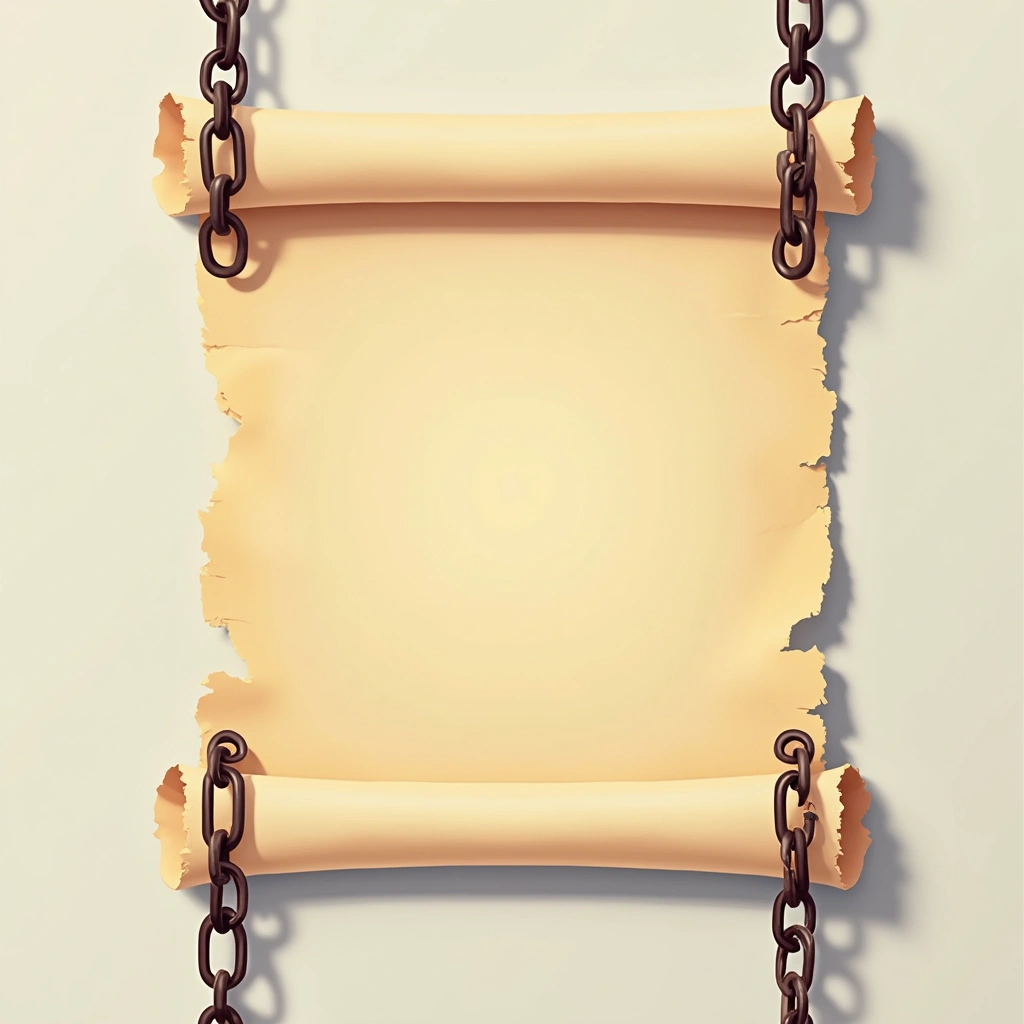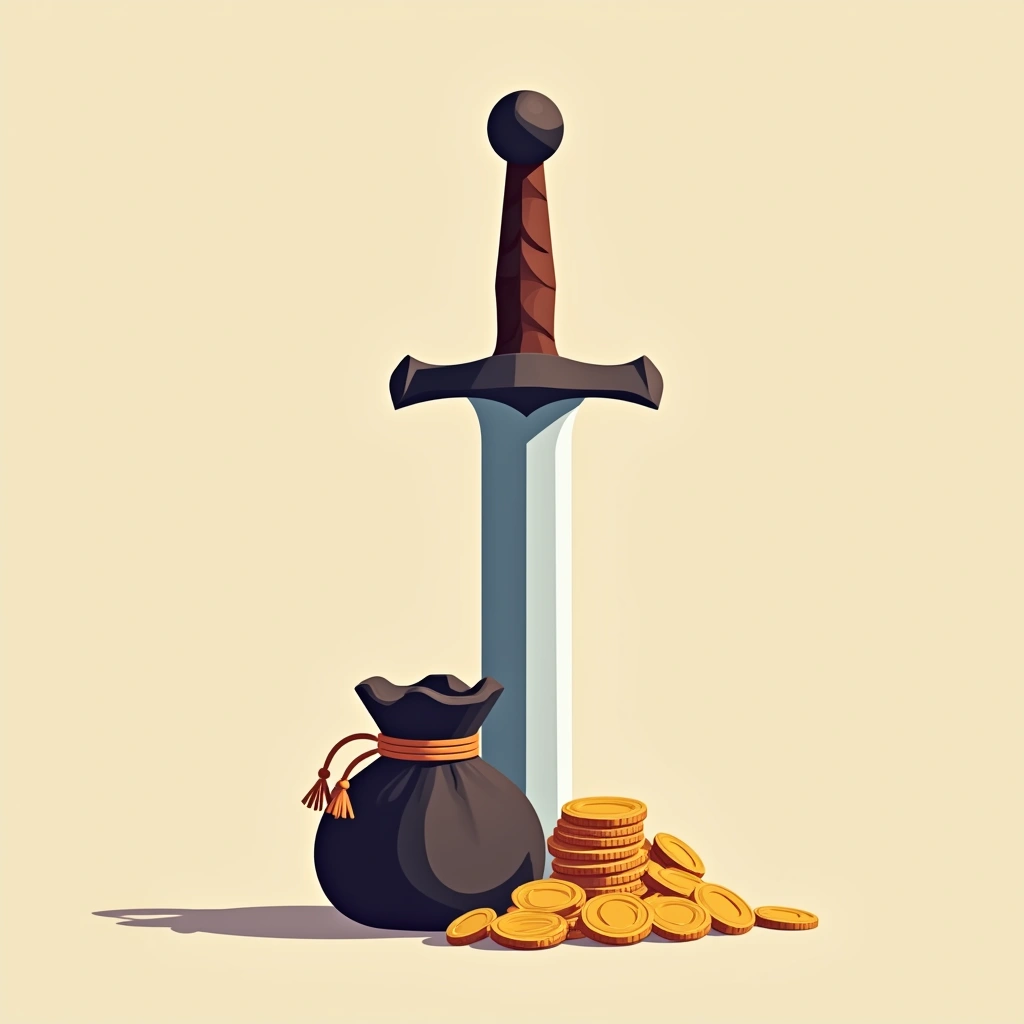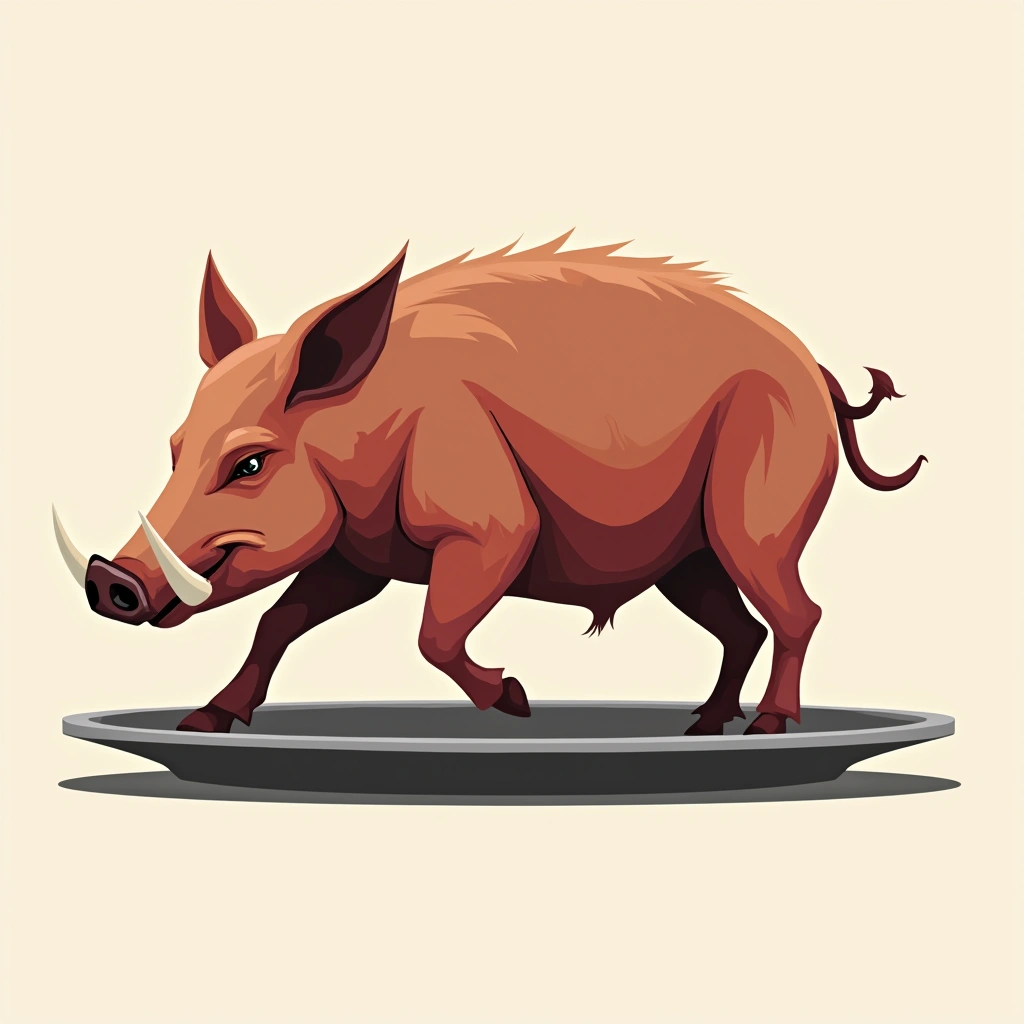
Dictating letters while riding
Dictated correspondence and managed administrative tasks while on horseback, maximizing productivity during travel. Required coordination with scribes to transcribe content accurately.



Practicing speeches during captivity
Recited self-written speeches and poetry to captors, refining rhetorical skills under pressure. Mocked audiences who failed to appreciate his work, treating captivity as a training ground.



Exercising with captors
Participated in athletic games and drills with pirates during imprisonment. Maintained physical fitness while building psychological dominance over adversaries.



Crucifying defeated enemies
Executed captured pirates via crucifixion after promising to do so during captivity. Followed through on threats to establish a reputation for ruthless retribution.



Rewarding soldiers generously
Distributed war spoils equitably among troops, prioritizing their loyalty over personal wealth. Publicly recognized military achievements with honors and promotions.



Sleeping in transport vehicles
Slept in carts or litters during travels, minimizing downtime between military engagements. Adapted rest periods to accommodate demanding schedules.



Enduring physical hardships
Marched long distances with minimal supplies, slept outdoors, and ate simple rations despite chronic health conditions like epilepsy.



Multitasking with scribes
Simultaneously dictated to multiple scribes while traveling or overseeing projects. Required exceptional organizational and verbal clarity.



Eating light breakfasts
Consumed modest morning meals of bread, cheese, and fruit with watered wine. Prioritized quick nutrition over elaborate dining.



Hosting multi-course dinners
Concluded evenings with elaborate cenae featuring multiple meat dishes, vegetables, and desserts. Combined dining with political networking.



Writing campaign chronicles
Authored detailed accounts of military campaigns like Commentarii de Bello Gallico while actively governing. Blended firsthand reporting with propaganda.



Designing siege innovations
Implemented layered fortifications like circumvallation and contravallation at Alesia. Combined engineering with tactical foresight.



Flouting legal conventions
Ignored Senate directives and crossed the Rubicon with armies, violating Roman law. Prioritized personal ambition over institutional norms.



Cultivating popular support
Funded public games and construction projects to boost plebeian approval. Traded short-term expenses for long-term political capital.



Demanding audience silence
Ordered captors and subordinates to stay quiet during rest periods. Enforced strict discipline even in informal settings.



Traveling incessantly
Constantly moved between provinces and battlefronts, rarely staying in one location. Managed logistics for rapid deployments.



Drinking diluted wine
Consumed wine mixed with water per Roman custom, avoiding excessive intoxication. Balanced social drinking with clear-headedness.



Studying military history
Analyzed past battles and generals' strategies to refine tactics. Integrated historical lessons into campaign planning.



Shunning equestrian privilege
Walked alongside soldiers during marches instead of riding horses. Shared field conditions to foster camaraderie.



Ignoring health limitations
Pushed through epileptic episodes and chronic headaches without reducing workload. Refused to let physical weaknesses dictate capabilities.

